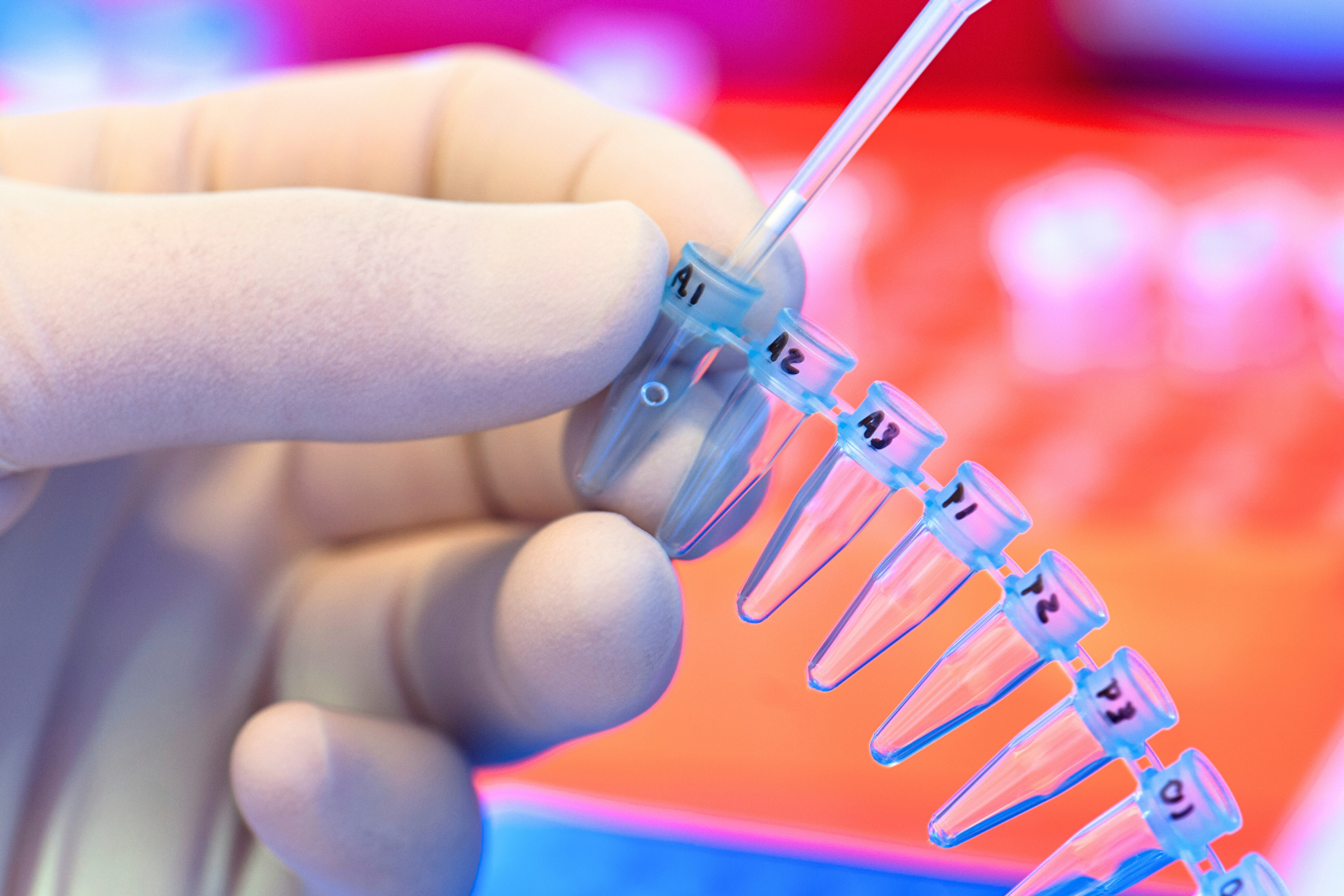Genetic profiling becomes clinical routine, paving the way for tailored sarcoma treatment

A new study from Karolinska University Hospital and Karolinska Institutet presents a comprehensive genetic profiling of tumor tissue from patients with suspected sarcoma conducted over the past three years. The study demonstrates that whole-genome sequencing (WGTS) significantly improved diagnostic accuracy and could be crucial for diagnosing this rare form of cancer. This advancement paves the way for more individualized precision medicine treatments and increases the likelihood of curing patients. These methods are now becoming standard clinical practice at Karolinska University Hospital.
The study, conducted between 2021 and 2023 and involving a total of 200 patients, shows significant improvements in sarcoma diagnosis. The method identified disease-causing mutations in nearly all cases and supported the identification of a specific tumor type in approximately two-thirds of the cases. More than one in ten patients received a revised diagnosis thanks to WGTS. More than one in twenty patients whose tumors were initially assessed as malignant were instead diagnosed with benign conditions, leading to a declaration of health and the avoidance of unnecessary treatments.
One in seven patients with sarcoma had tumor mutations that enabled targeted precision medicine treatments. Approximately seven percent of patients were found to have relevant hereditary changes, which are crucial for the future health and preventive care of family members.

"Whole-genome sequencing offers the diagnosing physician a highly powerful tool for classifying sarcomas. Recent technological advancements now allow us to offer this to an increasing number of patients," says Felix Haglund de Flon, Associate Professor and Deputy Senior Consultant of Clinical Pathology and Cytology at Karolinska University Hospital and Karolinska Institutet.
Simplifying the Classification of Rare Tumors
Thanks to this successful study, whole-genome sequencing will now be integrated as part of the clinical routine for diagnosing and treating sarcoma at Karolinska University Hospital. This integration means that patients will benefit from more accurate diagnostics and personalized precision medicine treatments based on the tumor’s unique genetic profile.
"We will be able to classify very rare tumors with greater accuracy and offer more patients better-tailored treatments," says Felix.
Sarcomas account for less than one percent of all cancers and require special attention due to their complexity and currently limited treatment options. Surgery has been the primary treatment method until now, but there is hope that whole-genome sequencing will increase the potential for effective systemic therapies. Genetic profiling has proven especially valuable in classifying extremely rare tumors and identifying mutations that predict treatment response.
The clinical implementation is being achieved through the introduction of a hospital-wide diagnostic workflow and clinical collaboration between the medical units for Pathology and Cancer Diagnostics, Clinical Genetics and Genomics, and the Cancer Theme.
"In March, Karolinska University Hospital and the Stockholm Region implemented whole-genome sequencing as a clinical routine for all pediatric cancers. Now that it is also becoming a routine for sarcoma, the hospital is taking another step toward more personalized cancer care. With the development of new drugs and technologies, more patients will be able to receive precision medicine treatments," says Patrik Rossi, Acting CEO at Karolinska University Hospital.
He continues:
"Precision medicine diagnostics and treatment are becoming increasingly important in all cancer care. The implementation for sarcoma cancer at the hospital introduces new workflows and clinical collaborations between pathologists, geneticists, and treating physicians. Collaboration between research and clinical practice also needs to increase. I envision that this approach will gradually spread throughout all cancer care."
_________________________________
Text: Henrik Pehrsson